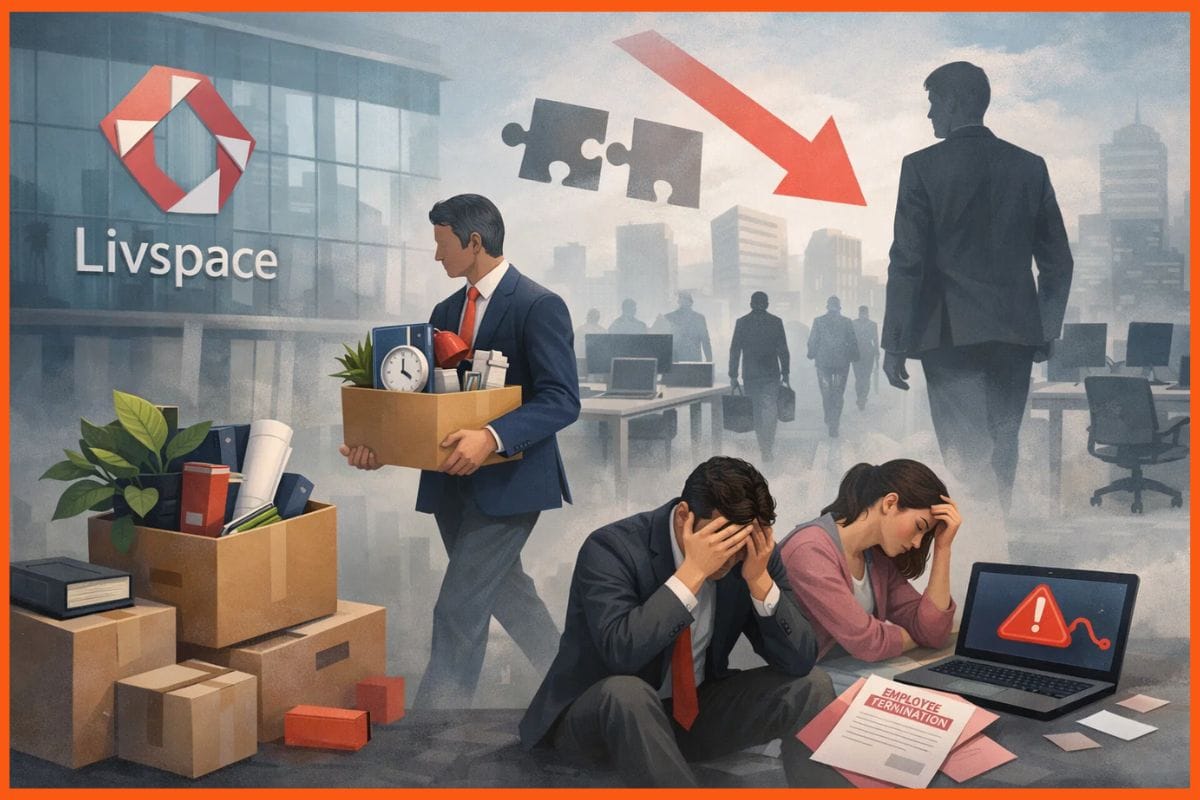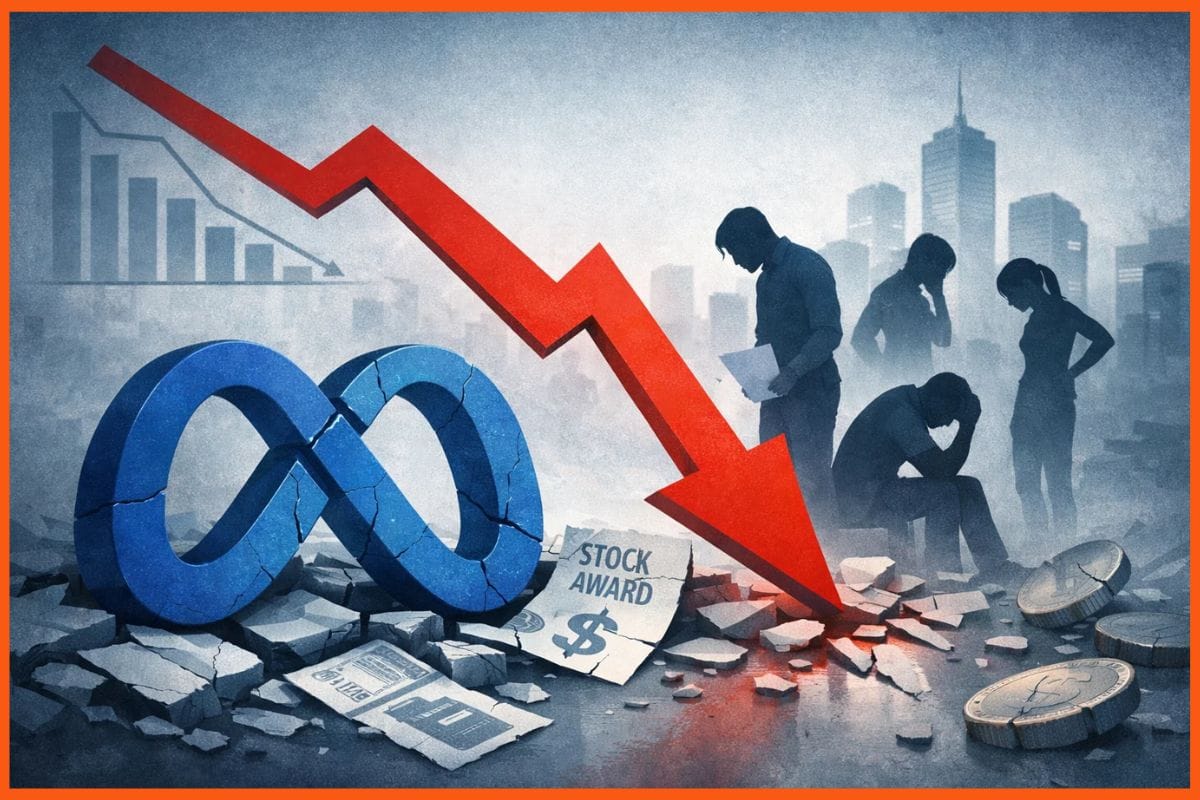Inflation Risks Rise as Fed Weighs Impact of Trump’s New Tariffs
A cautious Fed stance is signaled by Jerome Powell, in spite of inflation concerns and an economy that seems to be slowing.

On Friday, Federal Reserve Chair Jerome Powell warned that President Trump's new tariffs could not only reignite inflation, which is already running close to 2 percent (up from 1.6 percent in February), but, more importantly, could also slow down the economic growth we have been experiencing since mid-2009. His comments were made after we saw immediate trade retaliation from China, which sent the US markets tumbling. And it's a big deal that the Fed chair is saying this.
Although the Federal Reserve has taken major steps toward getting inflation down from its 2022 peak, Powell had to concede on Wednesday that the march toward the 2 percent target is slowing. The new tariffs, added to supply chain snags, swinging commodity prices, and geopolitical tensions, could make that slow progress even slower. Powell also pushed back against the idea that the Fed is on the verge of cutting interest rates. He said the Federal Open Market Committee will continue to follow a "highly cautious" approach that puts inflation control ahead of providing the economy with any additional stimulus.
Wall Street Expectations Clash with Fed Caution
The message from Powell was clear: monetary policy won't respond to the market's latest gyrations. The Fed chair and his lieutenants are in the midst of a strategy of doing not much of anything, but by design, with the hope that they will maintain whatever semblance of stability exists at the moment. Investors seem to think that's a pretty shaky plan, and they're betting on a much more stimulative story in the Fed's future.
The gulf that separates political pressure and monetary policy discipline is broadening. Trump is touting the tariffs as a way to fix trade imbalances, but their economic impact is becoming clear. The S&P 500 lost 6% this week, wiping out $5 trillion in value. Major indices fell across the board, and markets for commodities tanked amid fears of a worldwide recession.
Kathy Bostjancic, the chief economist at Nationwide, observed that the Fed is now balancing a delicate situation, on one side, there's inflation pushing up the cost of living, and on the other, economic growth that increasingly looks like it's headed south. We got two employment-related reports in recent days, and they were a study in contrasts. One was solid, showing that job creation continues apace. The other was not so hot, showing that the unemployment rate seems to be edging up. We suspect that both reports are incomplete.
Consumer and Business Confidence Under Pressure
Powell also noted that concern is rising among consumers and businesses, and that sentiment is not as favorable as it was not long ago. There is also a possibility of this affecting investment, hiring, and spending in the next few months.
The Fed’s aim is to avoid a situation where price shocks that are only temporary turn into prolonged inflation. Powell underscored that cautious posture as he spelled out the dangers of escalating global trade tensions. Tariffs affect pricing decisions across industries, and the longer they stay in place, the more pervasive their influence is likely to be.
Must have tools for startups - Recommended by StartupTalky
- Convert Visitors into Leads- SeizeLead
- Website Builder SquareSpace
- Run your business Smoothly Systeme.io
- Stock Images Shutterstock




